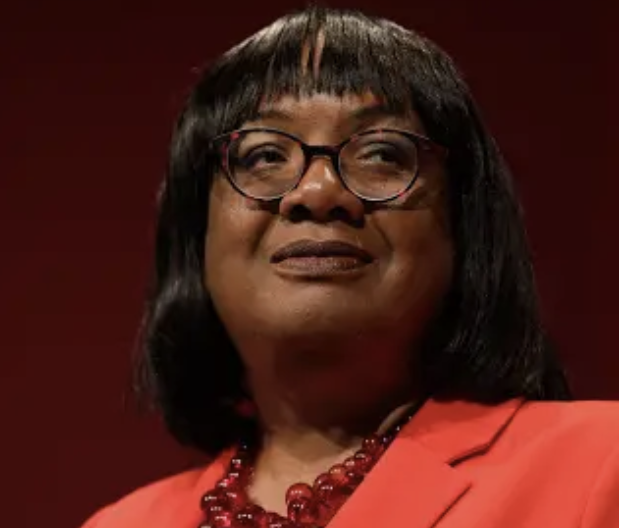Young Black British People Feeling Less than British

There is a saying, home is where the heart is, but for many young Black British people, it seems their hearts are not endearing them to feel very British. In fact, according to a survey conducted a few years ago, and reported in the Independent newspaper and the Mail in September 2023, as many as 39 per cent of the people interviewed said their aspiration is to live elsewhere in the future. Two obvious questions come to mind, why are so many young Black people feeling this way, and what can be done to address this situation?
More than 10,000 Black British people were surveyed for the Black British Voices Project between November 2021 and March 2022, as part of a research collaboration between British African-Caribbean newspaper the Voice, Cambridge University, and the Black-led consultancy I-Cubed. The research covered a variety of topics su as Britishness, education and the workplace. Although the report found that 45 per cent per cent of under-25s said they regard Britain as their permanent home, as mentioned above, a significant percentage did not. The worrying fact is that most of these young people represent third or fourth generation citizens of post-war African and Caribbean migrants who came to settle in the country. One of the problems for many young people is the difficulty some of them experience when trying to ‘fit in,’ Some speak about having to alter their clothing, hairstyles, speech patterns and being expected to join workmates at the pub after work etc, which seem to be denigrating aspects of their culture, and by default, aspects of their identity.
On the other hand, however, thousands of Black people over the age of 25 appear to have had little or no problem living, working and excelling as Black and British. For example, the Somali-born Muslim, Mo Farah, considers himself to be very British, and is reported to have told one interviewer that this is where he grew up and when he puts on his Great Britain vest, he is very proud. Many Black British sports stars also feel proud to be Black and British. This also appears to be true for many Black people in business, journalism, film, education, and not to mention Black politicians. Perhaps what is needed are more spaces and opportunities where young Black people teenage success stories are heard and celebrated and form part of the national headlines. Although it is equally true that some minority ethnic communities could do more to integrate within British society, a deficit approach where Black people and other minority ethnic communities are forced to change to fit in, is not the only way forward. Apart from Black musicians and sports stars, however, we need to see more young and up and coming successful Black people featured from many other sectors of the society including, the sciences, school achievers, Black businesses, the army, police, inventors, etc to help inspire the fourth- generation, post-war African and Caribbean young people so they feel proud of their Black identity and culture within British society.
Dr. Tony Talburt is a Senior Lecturer at Birmingham City University in the UK.






